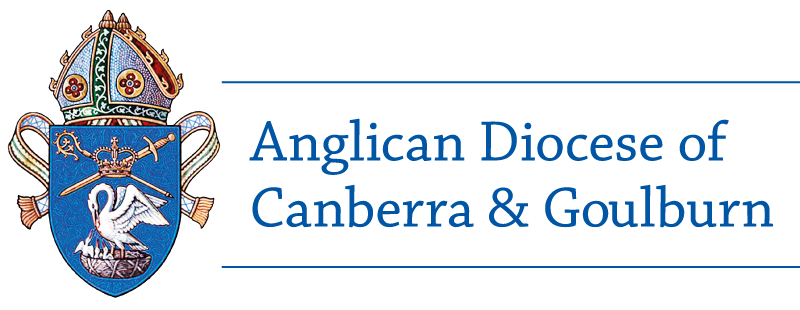‘Charlie 94 to Control …’
It’s official, I’m now on active duty as a Chaplain for the NSW Ambulance Service. I don’t know what the day will hold, but I’m starting out with a delivery of hot chocolate and marshmallows to Queanbeyan station because it really is a true winter’s day. Almost as soon as I arrive one crew is called to a job, their freshly made toast is left on the bench and they are out the back door. I’m left with four female paramedics, two only a month in the job, so I start conversation with a question that brings groans of understanding – just how do I get the radio clasp onto my uniform belt?
After ten minutes of unbuckling, weaving, twisting and threading, I’m finally good to go. Those ten minutes were mundane, but so valuable – I’m one of the team now. The new trainees and I were all recruited during COVID so we’ve missed out on some of the practical inductions like uniform fittings. As we twisted and weaved, I’ve learned that most of them have moved away from family and friends for this job, and they expect to be moving stations again in the coming months, there’s a bit of that happening at the moment.
I hear about the hopes of where they might get stationed next, the difficulties of completing your training in isolation at a boarding school and about the commutes made to and from a shift – some two hours long. Soon the chatter is broken up by another call, a crew is needed in Cooma.
So, what exactly does an Ambulance Chaplain do? Is it just sitting around and talking? Well, there is some of that, and it’s a really important part. It helps me get to know the paramedics and them to know me, so when spiritual support is needed, I’m not a stranger to them. Our main role is to support the staff of NSW Ambulance and their families. We do this by listening. We’re out of the chain of command and our talks are confidential, so opening up about how you’re processing the difficult job you’ve just done is a bit easier.
Ambulance Chaplains can also be called out to assist at traumatic and significant events where we support staff (during and after the event), victims and families of patients and even bystanders who may have witnessed an event. With a team of 56 Chaplains across NSW, we’re able to provide support 24/7.
I first started on the path to this type of Chaplaincy a decade ago with a strong desire to support the people on the frontlines every day. Now, after many hours of training in pastoral care and mental health, theological study, practical experience with Anglicare Disaster Recovery and induction via ZOOM®, I thank God that I’m right where I’m needed.
A Deacon’s role looks out to the world, we long to share the love and light of God with others. I’m continually surprised by the warmth and acceptance with which the paramedics welcome me into their world – at work and at home. With God’s help, I pray I’ll be able to support these amazing men and women for many years to come.
by Reverend Heather Millard

